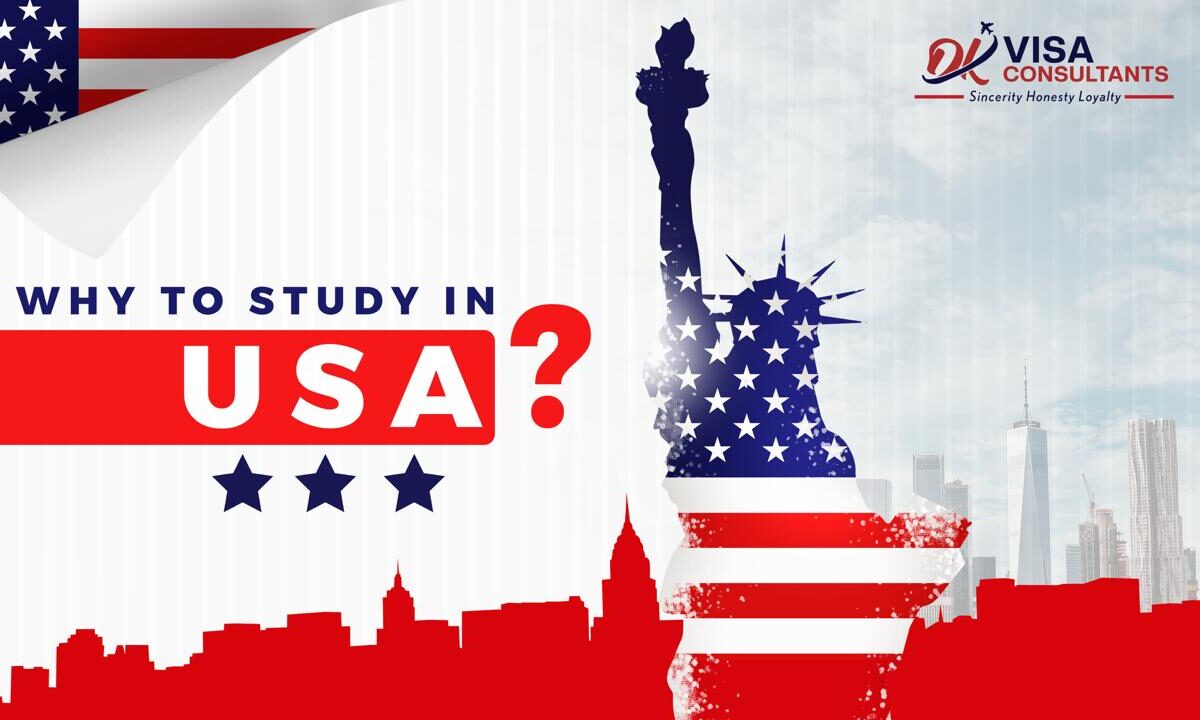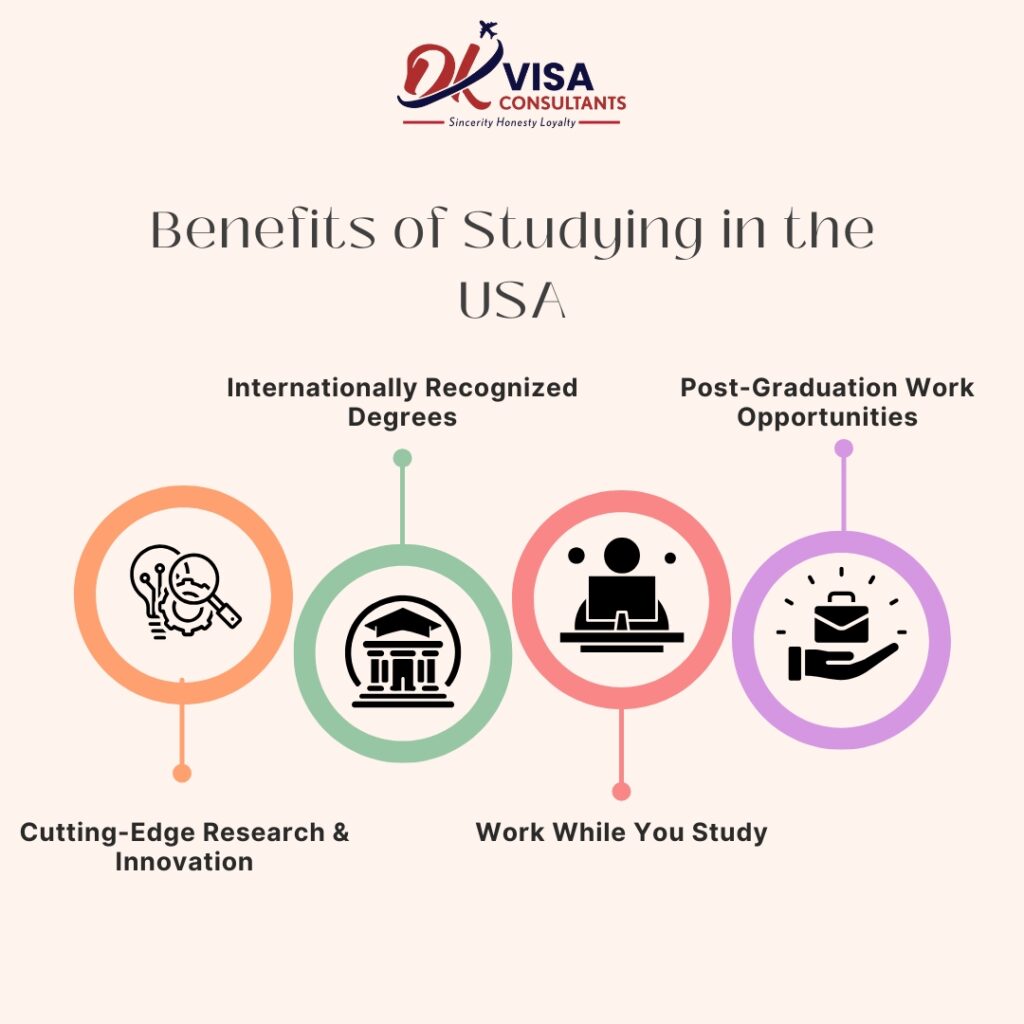Dreaming of pursuing (master’s in business administration) MBA in USA is the best way to start building a bright future.
An MBA in USA might take up to 2 years to finish, just like India. It’s interesting to note that some colleges only offer degrees lasting 12 to 18 months.
Nevertheless, it is not inexpensive to earn an MBA from one of the best colleges in the country such as Sloan School of Management or Harvard University. Between USD 59,996 to 1,19,992 (INR 50,00,000 to 1,00,00,000 is the typical range for tuition costs. These unreasonable costs may naturally turn some people off, but the investment is worthwhile!
Universities in USA offer several scholarships to Indian students. If candidate know about these scholarships, the desire to study in USA will come to reality. Read the blog, to know about the best universities offer MBA in USA for Indian students.
How to pick the right college for MBA in USA?
The following will help you select the top MBA programs in the United States for students from abroad:
Selecting the best MBA school in the United States requires careful consideration of several important aspects. Here are some important points to consider:
- Global Ranking:
Students should always look at the worldwide ranking of the universities while selecting the top MBA programs in the USA for Indian Students. Some of the greatest global rankings to be aware are QS World Ranking etc.
- Courses Offered:
When selecting the best MBA school, one of the main considerations should be the specializations and programs offered. All the best MBA schools in USA offer a wide variety of MBA courses.
- Workplace Hazards:
It is crucial to consider the impact of the internship, workshops and industry exposures offered by the college/university. Students can quickly and easily obtain a work opportunity through interactions and internships both paid or unpaid.
- Fees for tuition:
The most important thing to remember is that paying for education at the best MBA school in the USA for Indian students always involves paying a tuition fees. It can be a little challenging to find universities/school with reasonable price.
Best colleges for MBA in USA:
Check out the list of best college/school for MBA in USA:
The top MBA programs in the United States distinguished by their superior corporate exposure, good academic atmosphere, and strong return on investment due to their high employability rates.
| Business School | University |
| Stanford Graduate School of Business | Stanford University |
| Penn School of Business | Wharton University |
| Harvard Business School | Harvard University |
| Sloan Business School | Massachusetts Institute of Technology |
| Columbia Business School | Columbia University |
| Kellogg School of Management | Northwestern University |
| Haas Business School | University of California Berkeley |
| Booth School of Business | Chicago University |
| Anderson School of Business | UCLA |
| Yale School of Management | Yale University |
Kinds of MBA in USA:
In the USA, there are two varieties of MBA courses:
1. Full-Time:
Indian students’ top choices for MBA programs in the United States are full-time MBA programs. An MBA program lasts for two years. Students studying for an MBA are taught basic business essentials related to current and economic conditions throughout their first year of study.
Students are expected to select specialized studies in their second year, such as marketing, accounting, operations, or finance, based on their areas of interest. There are even one-year MBA programs offered by some universities.
2. Part-Time:
Classes for part-time MBA programs are offered by MBA universities in the United States during the evenings or on weekends. There isn’t much of a distinction between a part-time and full-time MBA.
The study modules are the same for both, but the duration of the course is three to four years, and Indian students are not as interested in it.
| FULL-TIME | PART-TIME |
| 2-year course or 1 year | 3 to 4 years to complete |
| Choose specialization as their courses | Classes take place on weekends or evenings. |
Eligibility Criteria for MBA in USA:
To be admitted to MBA in USA, applicants must meet the pre-requisite MBA criteria listed below:
- Candidate must have graduated from an accredited university with a bachelor’s degree in any discipline.
- GRE or GMAT score (more than 600)
- LOR (Letter of Recommendation)
- SOP (Statement of Purpose) or internship certificate.
Candidate must meet the requirements for the eligibility and have completed all necessaey paperwork before being admitted.
Colleges Without GMAT:
A GMAT score is typically required by US MBA schools to consider application for admission. A few MBA programs in the United States, including MIT Sloan School of Management, Pace University, Kenan-Flagler Business School, New York Institute of Technology, and The University of Tampa, do not, however, require a GMAT score.
Scholarships for MBA in USA:
Check out the list of schools/universities provide scholarships:

Many universities in USA offers scholarships to the Indian students, to help financial aid.
| Scholarship offered | Estimated Minimum Amount |
| Wharton Fellowship | 20,000 USD (16,67,000) INR |
| Stanford Need Based Fellowship | 40,000-80,000 USD (33,33,540 INR) |
| McKinsey Award | 10,000 USD (8,33,390 INR) |
| Harvard Annual Scholarship | 42,000 USD (35,00,220 INR) |
| Berkeley MBA scholarship | 20,000 USD (16,67,040 INR) |
| Meyer Feldberg Fellowship | 1,00,000 USD (83,35,220 INR) |
Finally, it’s not easy to get into the best business schools in the United States, particularly given the extremely competitive admission rates. To be given consideration for admission, you must submit a strong application as soon as possible. Furthermore, it is crucial to understand the ins and outs of university, visa, and scholarship application deadlines.
Visit our office, DK Visa Consultant and interact with our experts’ counsellors for more information on study in the USA.
FAQ
Q1. Which MBA schools are best in USA?
Ans: The list of best schools in USA are:
- Columbia Business School
- Sloan Business School
- Harvard Business School
- Stanford Graduate Business school
- Penn Business School
Q2. Which MBA specializations make the most earnings?
Ans: Here is the list of specializations:
- Consulting
- Technology
- Consumer packaged goods
- Financial Services
- Healthcare
Q3. What are the benefits of studying MBA in USA?
Ans: Below are the benefits:
- Launch a global company.
- Establish a worldwide network
- Visit top-notch educational establishments
- Seize a substantial return on investment
- Gain insight into the global market
- Acquire well-paying jobs worldwide
Q4. What aspects are considered when determining the global rankings of the best B-schools?
Ans: Below are the factors:
- Rate of employability
- Investment return
- Alumni outcomes
- Contemplation leadership
- Variation
Q5. What is the typical cost of an MBA program in the USA?
Ans: Studying for an MBA in USA typically costs between USD 50,000 and 60,000, or INR 41 lakhs and 50 lakhs, annually. But at some of the best MBA schools, annual tuition can be much more—between USD 70,000 and USD 90,000, or INR 58 lakhs and 75 lakhs.



